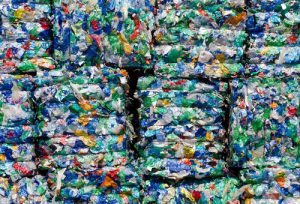 The U.S. and China have fired their latest salvo in their ongoing trade war, and this time tariffs have been applied to recovered plastics and a number of other U.S. recyclables.
The U.S. and China have fired their latest salvo in their ongoing trade war, and this time tariffs have been applied to recovered plastics and a number of other U.S. recyclables.

 The U.S. and China have fired their latest salvo in their ongoing trade war, and this time tariffs have been applied to recovered plastics and a number of other U.S. recyclables.
The U.S. and China have fired their latest salvo in their ongoing trade war, and this time tariffs have been applied to recovered plastics and a number of other U.S. recyclables.
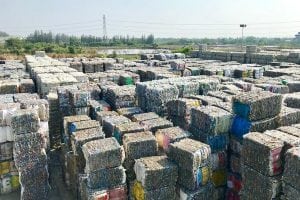 Governments in Southeast Asia are following through on promises to heavily restrict scrap imports.
Governments in Southeast Asia are following through on promises to heavily restrict scrap imports.
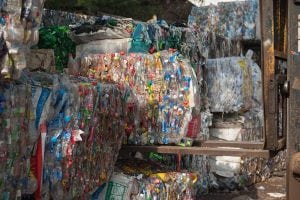 The Chinese government plans to levy a 25 percent tariff on scrap plastic, as well as a number of virgin plastics and all recovered paper, in retaliation for the latest U.S. tariff proposals.
The Chinese government plans to levy a 25 percent tariff on scrap plastic, as well as a number of virgin plastics and all recovered paper, in retaliation for the latest U.S. tariff proposals.
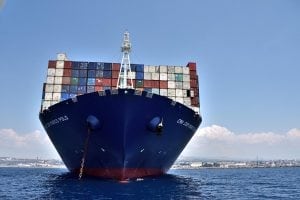 To keep up with the top export destinations for U.S.-sourced scrap plastics, Plastics Recycling Update examined the latest shipping data from the U.S. Census Bureau.
To keep up with the top export destinations for U.S.-sourced scrap plastics, Plastics Recycling Update examined the latest shipping data from the U.S. Census Bureau.
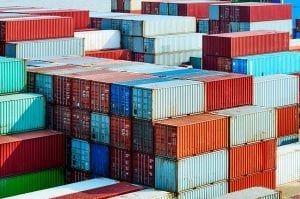 The Malaysian and Vietnamese governments have followed through on plans to clamp down on recycled material shipments. Both countries have stopped issuing new import permits for certain materials.
The Malaysian and Vietnamese governments have followed through on plans to clamp down on recycled material shipments. Both countries have stopped issuing new import permits for certain materials.
 The Chinese government has announced key policies in recent weeks, including a plan to ban all recovered material imports by 2020.
The Chinese government has announced key policies in recent weeks, including a plan to ban all recovered material imports by 2020.
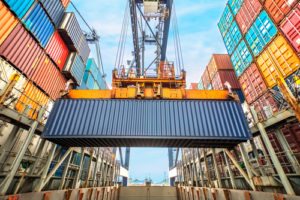 Vietnamese officials are looking at short- and long-term policies to stem the skyrocketing volume of recyclables the country has imported in recent months.
Vietnamese officials are looking at short- and long-term policies to stem the skyrocketing volume of recyclables the country has imported in recent months.
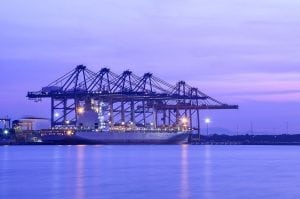 China released a proposal to expand its scrap import ban beyond plastics and the other materials that are currently restricted. A new plan would ban every form of “solid waste” from import.
China released a proposal to expand its scrap import ban beyond plastics and the other materials that are currently restricted. A new plan would ban every form of “solid waste” from import.
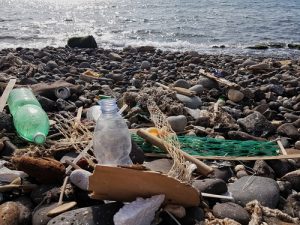 An initiative from Closed Loop Partners will focus on putting money behind companies, technologies and infrastructure to address plastic marine debris.
An initiative from Closed Loop Partners will focus on putting money behind companies, technologies and infrastructure to address plastic marine debris.
 The government of Thailand has banned all scrap plastic from entering its ports, amid a major increase in shipments to the country and others in Southeast Asia.
The government of Thailand has banned all scrap plastic from entering its ports, amid a major increase in shipments to the country and others in Southeast Asia.
